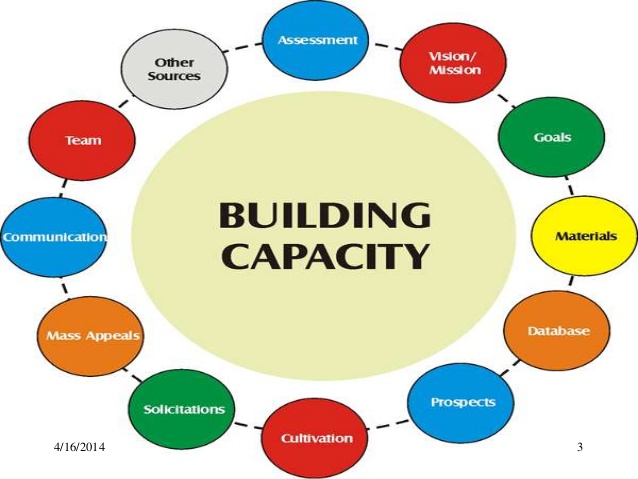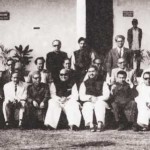Rokyea Chowdhury, a young academic and researcher in the Department of Law of the University of Dhaka has raised the issue of agony of teaching and learning law in her blog post published on 31 October, 2014. Indeed, this agony is so long-standing and common that we hardly complain about it audibly. I am sharing some of my thoughts and Australian experience here to respond to this brave post.
When I joined the University of Chittagong as a lecturer in law in 1995 within less than a year since completing my studies, I had no training, qualification or even self-study on teaching in higher education. When I stepped into my class to deliver my first lecture, I had nothing other than the knowledge I acquired in my two law degrees from the University of Dhaka and the reminiscence of presentation style of my favourite professor Dr. Mizanur Rahman. In fact, the need for training or learning how to teach in higher education was hardly ever debated either among the colleagues or at the institutional level until I left my academic role as a teacher at the University of Dhaka in 2002.
It did not take long to discover my own pretension and arrogance as a teacher, when I started teaching at the University of Western Sydney in 2003. In Australia, every university has a dedicated unit to help professional development of its academic staff, with different names such as ‘Centre of Higher Education Learning and Teaching (CHELT)’, ‘Centre for Learning Innovation and Professional Practice (CLIPP)’, ‘Institute for Teaching and Learning (ITL)’ etc. One of the cardinal roles of these learning and teaching units or centres, precisely, is to design and deliver round the year seminars, workshops and training to develop academic staff’s understanding of pedagogy, both in theory and practice. This may range from a hands-on technical training on how to manage a course website to a scholarly critique of John Dewey’s philosophy of education. An academic staff is able to learn about various teaching related issues which commonly include ensuring student centred learning, engaging students, particularly with low motivation, aligning assessment task with course’s learning outcomes, giving formative feedback, dealing with students with disability, communicating with students from diverse (socio-economically, language and culturally etc.) background and so on.
Even though a teaching qualification such as Graduate Certificate, Diploma, Bachelor or Master in Education is still not a compulsory requirement to teach in Australian universities, it is being widely discussed that this may change in future. However, before the Tertiary Education Quality and Standard Agency (TEQSA), Australia’s national independent national regulator of the higher education sector, comes up with such requirements which many universities are now giving preferences for recruitment to academics with teaching qualifications or encouraging them to have a teaching qualification or complete at least a foundation course in teaching and learning. The beauty is that academics usually do not need to pay tuition fees for their teaching qualifications as in most cases, they can avail of Commonwealth Supported Places meaning the fees are paid by the Commonwealth Government. A teaching qualification adds value not only for recruitment but also for promotion of an academic to higher roles as well. As a consequence, completing a teaching qualification by academic staff is increasingly becoming a trend in Australian universities.
Every year I choose to attend at least half a dozen of these seminars and workshops to relieve myself from the ‘agony’, and many of my colleagues do the same. I have also completed a Graduate Certificate in Education (Tertiary Teaching) and recently have achieved the status of a Fellow of the Higher Education Academy (FHEA) which is a UK based higher education recognition, all to beat the ‘agony’. I hope that the government, the Ministry of Education, University Grant Commission (UGC) and the universities work together to help academics in higher education who take teaching seriously and feel ‘agony’ to have a positive change. In fact, some universities may already have existing potentials that may be synergized to address academic staff’s professional development needs. For example, Dhaka University seems to be in a position to easily tap potentials of its own Institute of Education and Research (IER) to assume the role as an Australian university’s teaching development unit. Until then, individual academic staff can at least resort to peer review of teaching which would neither require involvement of government or external agencies, nor any cost as well.
Citations:
Tushar Kanti Das, “An Australian Response to ‘Agony of Teaching…Law in Bangladesh’” (DHLR Blog, 5 November 2014) http://www.dhakalawreview.org/blog/2014/11/an-australian-response-525










No Comments
Leave a comment Cancel